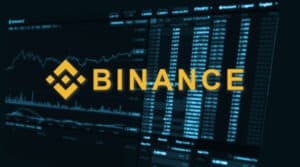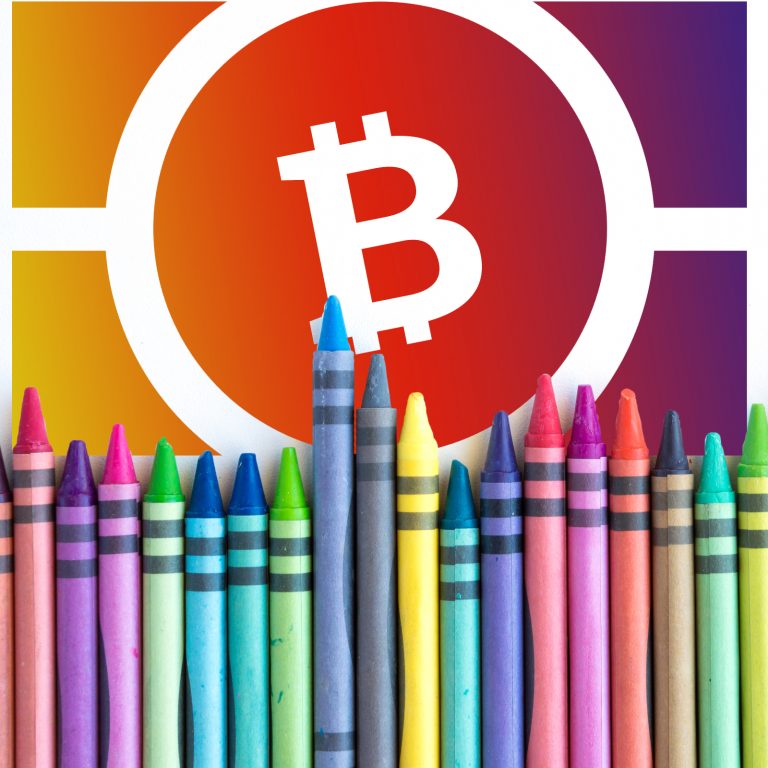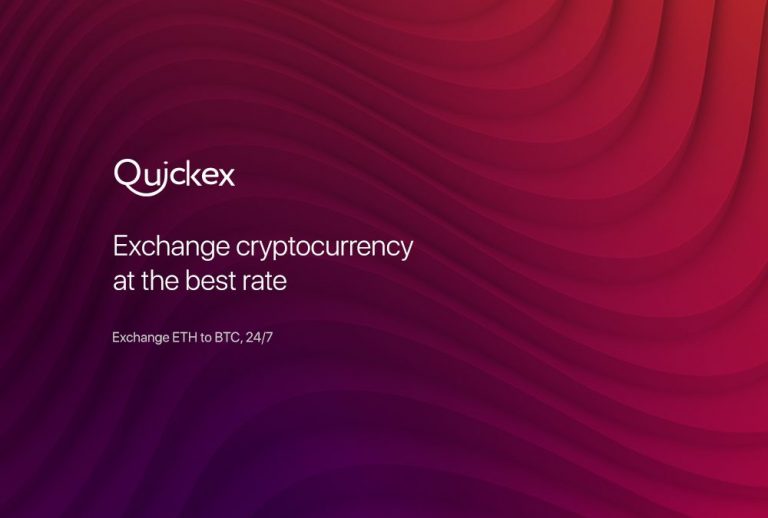
2018-9-1 17:32 |
Crypto lending platforms are still in surprisingly short supply, given the size of the market opportunity. Buying the dip may have left you a little short for the rest of the year: so you could cash out, potentially missing out on those sick gainz when the SEC approves the ETF and Coinbase lists all your tokens. Or you could just hodl and have ramen for Thanksgiving.
Option three: you could pawn your bitcoins, and reclaim them after payday. With Crypto lending platforms, your tokens are easily converted into a convertible.
Crypto Lending OverviewEach lending platform follows a different strategy, but the idea is the same: you deposit your valuable bitcoins, ethers, or other tokens into an automated smart contract as collateral for a loan. The contract keeps track of your interest and repayments, and also stops anyone from running off with the goods.
Unlike traditional lending, there’s no need for credit checks; nor is there any need for the lender to break someone’s legs if they can’t pay it back.
At least, that’s how it’s supposed to work, but between market volatility and the legal restrictions on lending and transferring money, there are a lot of other factors–and interest–to account for. Moreover, decentralized applications don’t write themselves (yet), and the need for programmers and stress-testers—not to mention marketing—requires some fundraising as well.
Here are four leading approaches to the crypto lending problem:
SALT LendingThe first mover was SALT, an acronym for Secure Automated Lending Technology. Although SALT blazed the first trails in crypto-lending, successive experience has shown that the first mover advantage isn’t enough to stay ahead.
SALT is likely to enter the books as one of crypto’s cautionary tales: from a $27 high in December for those purchasing from the website, the company’s token suffered a Nano-like plunge to forty cents as it became widely suggested that their product could initially be gamed, paying off loans at retail rates while borrowing at the rate obtained on exchanges.
After a boardroom shakeup, SALT Lending has expanded to 33 states, plus the United Kingdom and New Zealand. A SALT representative informed Crypto Briefing of the company’s “Proof of Access” program:
With POA, we’re improving the borrowing experience by giving members the ability to optimize their loan selection by staking SALT membership units to adjust the interest rate on their loan. It also gives members the opportunity to pay their principal and interest (P&I) using staked SALT membership units, adding additional flexibility and freedom over the course of the loan.
Collateral: BTC, ETH. Interest rates: 12-22%
Cons: Matching lenders to borrowers is a lengthy and apparently manual process. Don’t expect to see your money anytime soon.
It’s also a fairly centralized system, with SALT Lending facilitating all loans. You need to be a member of the SALT platform, which requires an investment in SALT tokens.
Nexo:Across the pond, Nexo has followed nearly the same footsteps while taking advantage of SALT’s hard lessons. Like SALT, the Nexo tokens can be used for discounted interest rates and repayment; they can also be used as collateral and, according to Nexo’s website, their crypto lending solution will even pay hodlers a share of the profits.
Approval is fully automated, allowing borrowers in a hurry to get paid immediately. In an official AMA Nexo claimed to issue loans worldwide, including to “at least” 36 US states. Additional plans for ERC-20 collateral and a crypto credit card show that the company isn’t resting on its laurels.
Collateral: BTC, ETH, NEXO. Loan repayment in USD, EUR and Crypto.
Pros: Nexo’s no-fee, fixed interest model has definite advantages over SALT, and has weathered the market comparatively better.
Cons: Although the company claims to offer loans for as low as 8%, that appears to be an exaggeration. American Banker reports the average to be about twice that. Nexo’s publicity stunt, aimed at competing business SALT during its “shaken” week, was a cheap shot.
ETHLend:
Probably the most decentralized crypto lending solution in the field, ETHLend goes a few steps further towards true P2P lending. Forget about signing contracts; the only contract that matters is the one that stores your tokens.
However, that simplicity comes with tradeoffs. In most cases, you can’t receive payments in fiat currency, and one wonders what the point is of borrowing one Ethereum token against another, especially given this publication’s repeated notes about how crypto diversification is something of a myth. Bitcoin collateral is not yet an option.
Collateral: Many types of Ethereum tokens. Some loans in fiat.
Pros: Many ERC-20 tokens available for collateral, including asset-backed tokens like Digix.
ETHLend also makes it as easy to lend money as to borrow. Anyone is free to become a lender, and they can work out whichever terms they want with their borrowers.
Cons: The average MPR of 2.7% looks like a pretty small number, until you realize that it compounds to 37 percent annual interest.
BlockFi:The latest entrant to the lending arms race, BlockFi entered the game late but with a significantly lighter load. Unlike the other platforms we’ve mentioned, there was no ICO: everything was financed by institutional investors. “Raising funds from this audience comes with stringent requirements and diligence on our platform,” a BlockFi representative told Crypto Briefing over email. “This requires us to be the most trustworthy and reliable lender in the space.”
Since there was no initial coin offering,, there’s also no BlockFi token. BlockFi says this spares us the trouble of yet another crypto asset:
There is no need whatsoever for a utility token in a lending business model. Having one creates a conflict of interest and confusing user experience.
BlockFi’s initial capital came from billionaire investor Mike Novogratz, and has spread aggressively into new jurisdictions; the company recently entered California and Maryland, for a total of 45 US states.
Pros: The company claims to have “the cheapest rates in the market,” and we’ve found nothing to disprove that. Loans are fast, with around 13% APR and about 35% leverage.
Cons: The company is unabashedly centralized. Unlike SALT, they’re not matching lenders to borrowers; BlockFi is the lender.
Despite the use of exciting technology, the terms of existing crypto lending platforms are likely to put off all but the most adventurous or needy borrowers. It’s also a good way to lose your crypto to margin calls, unless you’re certain the value will rise. Until interest rates climb down from the double digits, you might be better off getting (or paying) your student loans the traditional way.
The author is not invested in any lending platform mentioned here. He owns Ethereum.
The post Crypto Lending Platforms: SALT, Nexo, ETHLend and BlockFi Compared appeared first on Crypto Briefing.
Similar to Notcoin - TapSwap on Solana Airdrops In 2024
Emerald Crypto (EMD) íà Currencies.ru
|
|

























